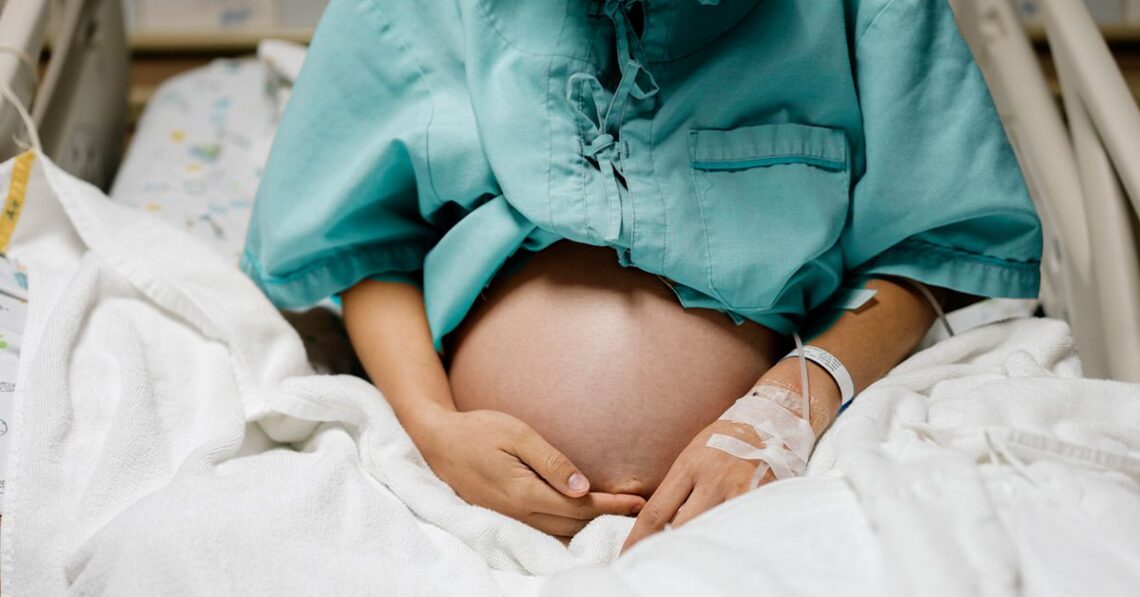These pregnancy-related high blood pressure disorders can affect both birthing parent and baby, but with an early diagnosis, treatment can usually lead to healthy outcomes.
Slight increases in blood pressure are common during pregnancy, but if high blood pressure continues, you could experience potentially serious health consequences for you and your baby.
Preeclampsia and eclampsia are two high blood pressure (hypertensive) disorders that can cause noticeable symptoms, but both conditions are usually treatable.
An early diagnosis is important, so you’ll want to respond quickly to symptoms or a spike in blood pressure, even if it hasn’t caused any symptoms yet.
With proper care, a safe and healthy delivery is often possible with preeclampsia and eclampsia, though delivery is generally earlier — at or before 37 weeks gestation.
Within a few weeks after delivery, symptoms usually disappear and your blood pressure may return to normal.
Preeclampsia is a serious condition in which high blood pressure — at least 140/90 mm Hg — develops during pregnancy and is accompanied by other symptoms.
Preeclampsia may also develop with an increase of at least 30 mm Hg in systolic pressure (the top number on a blood pressure reading), even if that number doesn’t reach 140 mm Hg. An increase of at least 15 mm Hg in diastolic pressure (the bottom number) may also suggest preeclampsia, even if the diastolic pressure doesn’t reach 90 mm Hg.
Swelling in the legs, hands, face, or throughout the body is another sign of preeclampsia. The other common sign of preeclampsia is a high level of protein in your urine.
Preeclampsia usually develops after the 20th week of pregnancy, though it may occur after delivery. This is called postpartum preeclampsia. When it develops before the 34th week, it’s often referred to as early-onset preeclampsia.
Among the potential complications of preeclampsia are blood clotting problems and damage to the brain, liver, or kidneys. Risks to the baby…
Read the full article here


